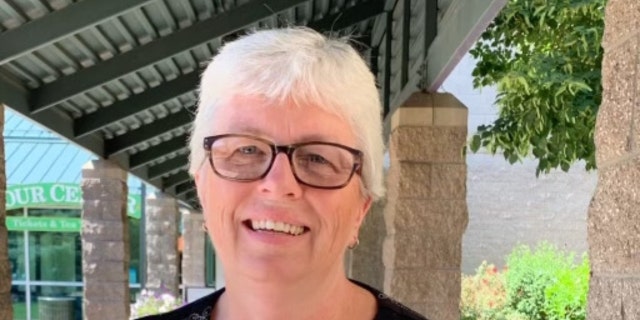A federal lawsuit was filed on June 1, 2023 by First Liberty Institute and the law firm Cooper & Kirk, PLLC on behalf of Wendy Faustin, a pro-life advocate and sidewalk counselor, in the United States District Court of Colorado. The lawsuit claims that state and local restrictions on engaging in speech outside of abortion centers violate the First Amendment of the U.S. Constitution.
Roger Byron, Senior Counsel for First Liberty Institute, stated that the government should not single out speech that affirms life solely because it holds a different viewpoint. He alleged that viewpoint discrimination is unlawful, and that approaching someone with information about alternatives to abortion should not be considered a criminal offense, as long as it is done with love and compassion.
According to Charles Cooper, who is the Chairman and Founding Partner at Cooper & Kirk, the First Amendment assumes that it is against the Constitution for the government to limit a private individual's expression based on its message, ideas, subject matter, or content. Colorado and Denver have laws that may impact the expression of certain messages. That may be in violation of the constitution.
Wendy Faustin holds the belief that human life has inherent value and dignity from the moment of conception, and considers terminating the life of a fetus to be morally unacceptable. She advocates publicly on behalf of the unborn and provides help and counsel to women considering abortion.
Join the conversation. Click here to join our Facebook group.There is a state law and a local ordinance that restricts approaching another person within eight feet on streets or sidewalks within a 100 foot radius of the entrance to a health-care facility, specifically an abortion center. This is prohibited for the purpose of passing a leaflet or handbill or engaging in oral protest, education, or counseling with such other person. In 2000, the Colorado law was upheld by the Supreme Court in Hill v. Colorado
As per the complaint, the Faustin acknowledges that the outcome she desires is not in line with the existing governing precedent, as stated by the majority opinion in Hill. First Liberty says that, according to dissenting opinions in that case and subsequent Supreme Court rulings, it is believed that the decision in Hill v. Colorado was incorrect, inconsistent with later legal precedents, and has had a significant impact on the interpretation of First Amendment principles.




0 Comments